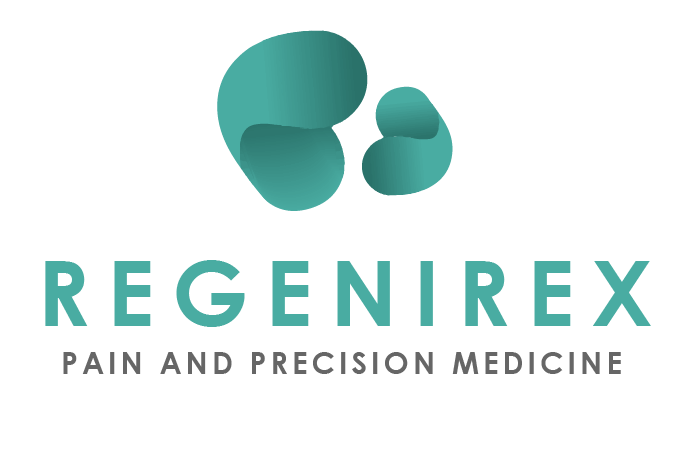Diet, Exercise, Sleep and Pain
This Blog is provided by Jackie Waters. Jackie was diagnosed with Rheumatoid arthritis in her mid-20s and has made many lifestyle changes to minimize her reliance on medications and maximize her health and well-being. See her website: Hyper-tidy.com or contact her at: jackie@hyper-tidy.com
Diet, Exercise, Sleep, and Pain | How They’re Connected
You’ve lived a relatively pain-free life until now. But things have changed and you’re wondering if you can manage your new condition. Well, you can, and often without resorting to potentially dangerous and addictive painkillers. Here is some information that might help you take control of your pain before your pain takes control of you.
Eat yourself well
The first and best thing you can do for yourself is to change your diet. If you’re not currently eating whole foods at each meal and snack, you should. Studies have shown that food plays a major role in how we feel both physically and mentally. Bananas, for instance, provide the body with enough vitamin B6 to help the brain produce serotonin, which can lower your stress levels naturally. Prevention magazine notes that orange juice, garlic, and potatoes can help provide energy, reduce infections, and ease headaches respectively.
Push through discomfort
Like the food you put into your body, the activity you give your body plays a role in how you experience pain. The US National Library of Medicine’s National Institutes of Health reports that conditions, including chronic low back pain, soft-tissue disorders, and fibromyalgia, can be controlled in part via regular exercise. But, if you’ve ever strained a muscle while working out, you know that exercise is not without its discomfort.
Muscle tenderness following a workout, while unpleasant, is a good kind of pain and the signal that your body is repairing tiny fissures in your muscle in preparation of new growth. Basically, the pain you feel is simply your body getting stronger. If you want to capitalize on this strength all the time, you must get at least 30 minutes of physical activity each day. Your primary source of exercise should be aerobic activities, such as jogging, jumping, and biking. This ensures enough oxygen is diverted to your muscles so that they can grow and heal correctly.
Studies have shown that a body in motion has the ability to better fight chronic pain and even prevent certain conditions from progressing
Rest and recharge Medical Management
Pain is exacerbated by systemic inflammation, a condition where your body is literally inflamed at a cellular level. And while some inflammation is just your body’s immune system at work, chronic inflammation makes it much harder for the body to heal. This is where sleep comes into play. According to BBC News, when the body does not get enough sleep and rest, genes that trigger inflammation are activated. In order to reduce inflammation, get at least seven hours of sleep each night and provide yourself conditions that induce a restful state. Lower your thermostat to between 60° and 67°, choose bed covers that feel good against your skin, and eliminate noise and light. Avoid eating or drinking anything with sugar and caffeine in the three hours prior to lights out.
Medical Management
When your pain complaints don’t respond to lifestyle modification you need to see your primary care provider. Pain may be an indication of an undiagnosed illness and needs to be assessed by a physician when it persists for more than a couple weeks. When the pain becomes chronic, lasting more than 3 months, a referral to a pain specialist is appropriate. Severe acute pain may be treated appropriately with short acting opioid medications, but opioids are rarely a good long term solution (they often worsen pain symptoms). More Americans take their first steps toward drug dependency using prescription painkillers than marijuana and mistakenly believe that prescription meds are safer than street drugs, according to the Foundation for a Drug-Free World. If you are worried that a loved one may be addicted to prescription painkillers Swift River offers more information on opioid abuse in this guide.
Whether you’re pain comes from an old injury, fibromyalgia, or an as-yet undiagnosed illness, you can take steps to minimize its impact on your life. Eat well, get enough exercise to maintain your strength and elasticity, and allow your body the time it needs each night to heal. You might not always be able to avoid pain and discomfort, but you can make it bearable and continue to enjoy your life with minimal disruptions. If your pain does not respond to lifestyle modification ask your doctor to refer you to a pain specialist.




